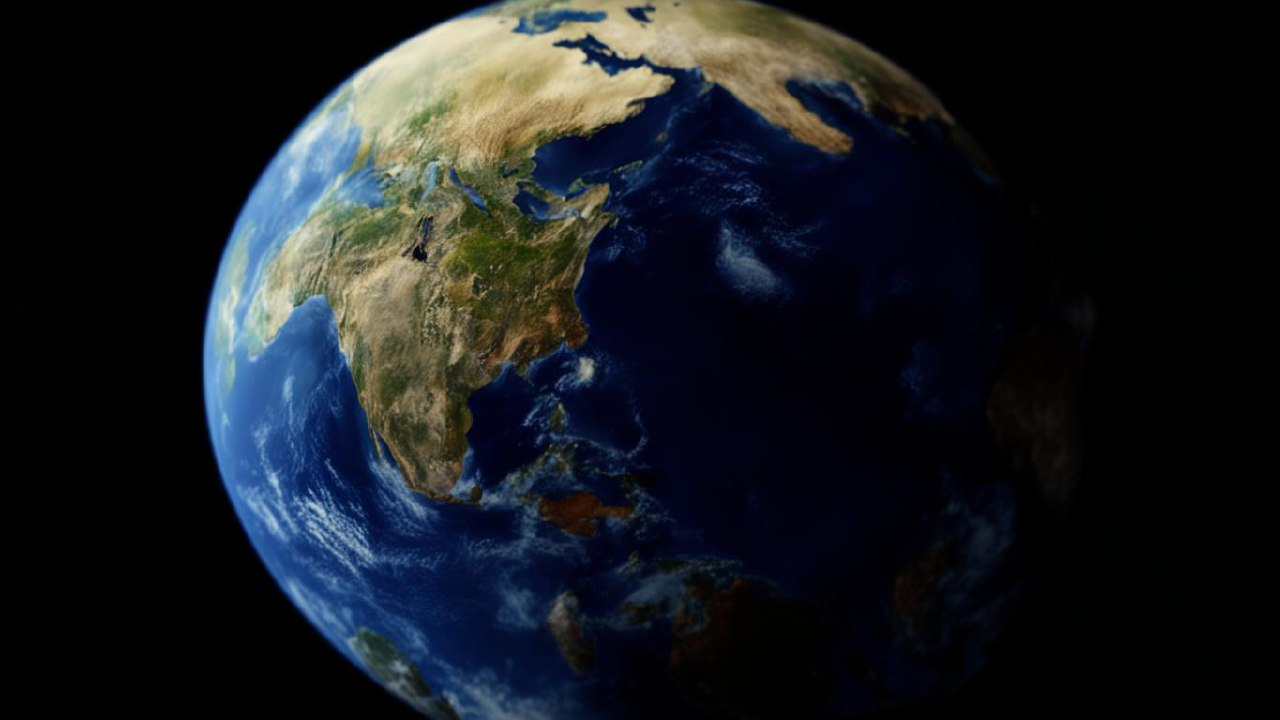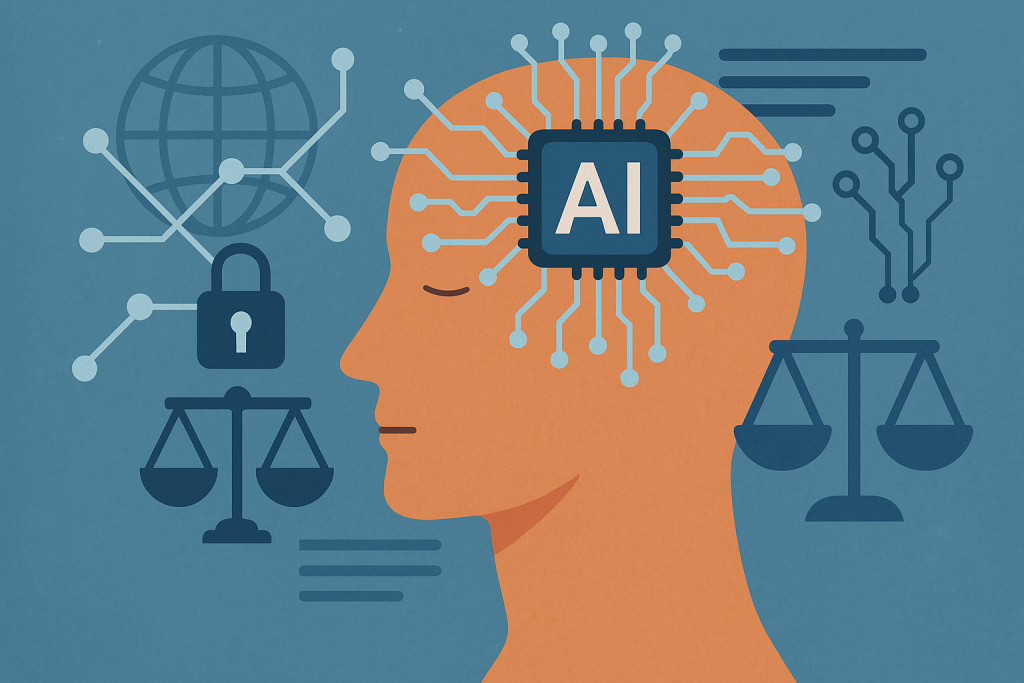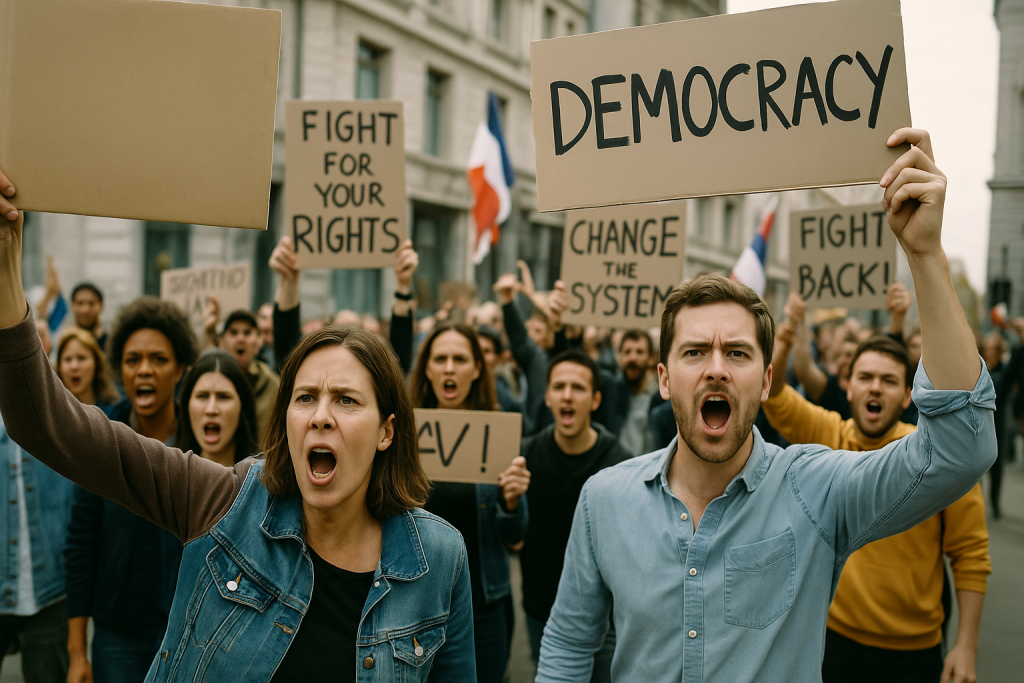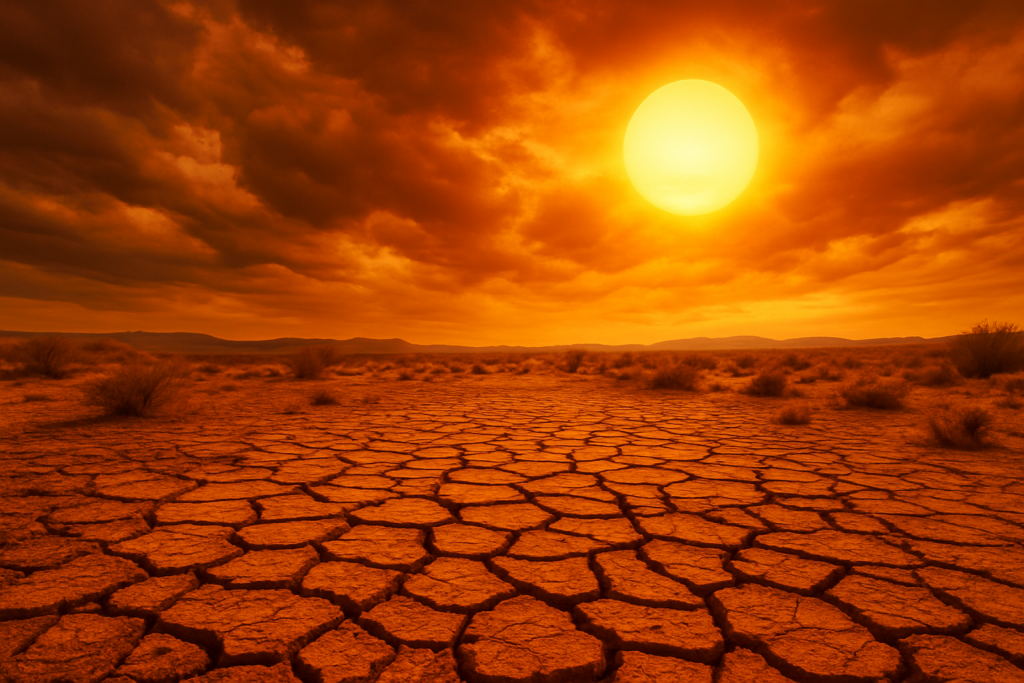Civil rights are fundamental freedoms and protections that every person is labeled to, regardless of nationality, sexuality, ethnicity, religion, or some other status. In spite of global understandings like the Universal Declaration of Civil rights, violations occur repeatedly and in various forms around the globe. Understanding these issues is crucial to fostering worldwide awareness and encouraging operation toward equality and justice.
Right to speak freely and Press
Freedom of expression is a cornerstone of representative societies, still it is under threat in many countries. In countries with its own government such as China, Russia, and Northward Korea, strict government control over publishing restricts free speech and silences disagreeing voices. Journalists often face badgering, imprisonment, or worse for revealing corruption or criticizing administration actions. E.g., the Committee to Protect Reporters reported that in 2023, more than 250 correspondents were imprisoned worldwide for their work.
The rise of mathematical surveillance also poses meaningful challenges to freedom of expression. Governments in countries like Iran and Fool employ sophisticated electronics to monitor and censor online ideas. This stifles free speech and constructs an atmosphere of fear among taxpayers.
Discrimination and Inequality
Bias based on race, gender, preference of sexual partner, and other characteristics debris a pervasive issue. In the United States, the Angry Lives Matter movement has highlighted fundamental racism and police atrocity against African Americans. In spite of some progress, racial discrimination resumes to impact various aspects of existence, including employment, instruction, and the criminal justice system.
Feminine inequality is another critical civil rights issue. In many parts of the world, women and teenagers face barriers to education, utilization, and healthcare. Gender-located violence, including household abuse and sexual assault, is rampant. In nations like Afghanistan and Saudi Arabia, restrictive laws harshly limit women’s freedoms and moment.
LGBTQ+ individuals also face extensive discrimination and violence. In nations such as Uganda and Chechnya, being gay can influence imprisonment or death. Even in nations with allowable protections, social stigma and prejudice frequently lead to marginalization and abuse.
Refugee and Evacuee Rights
Global conflicts, persecution, and business-related instability force millions to retreat their homes each year. In accordance with the United Nations Extreme Commissioner for Refugees (UNHCR), skilled were over 82 million against one’s will displaced people general by the end of 2022. Refugees and migrants frequently face harsh conditions, containing inadequate shelter, food, and healthcare. They are weak to exploitation, trafficking, and intensity.
Many countries have implemented accurate immigration policies that obstruct asylum applicants and refugees from finding security. For example, the European Union has met criticism for its management of the refugee crisis, accompanying reports of pushbacks and inhumane treatment at borders. The United States of America has also been combed for its policies on kin separation and imprisonment of migrants.
Rights of Indigenous Peoples
Native communities worldwide face singular challenges in preserving their cultures, lands, and rights. Settlement of area, land theft, and cultural adjustment policies have had devastating impacts on native peoples. In countries like Brazil and Canada, inborn communities continue to uphold recognition, land rights, and care against exploitation.
Environmental shame, often driven by allied interests, disproportionately affects inborn lands. Deforestation, mining, and lubricate extraction threaten their lifestyle and the biodiversity of their territories. Activists advocating for inborn rights frequently encounter violence and bullying.
Right to Health
Approach to healthcare is a fundamental human right, yet disparities in strength services persist everywhere. In developing countries, inadequate foundation, lack of funding, and political inconstancy hinder access to essential first-contact medical care. The COVID-19 pandemic exacerbated these issues, revealing the fragility of health plans and the inequities in vaccine distribution.
Insane health is another fault-finding area where rights are frequently overlooked. Stigma, bias, and lack of resources prevent many from taking appropriate care. In many regions, mental energy services are underfunded and inaccessible, leaving things without support.
Efforts Toward Bettering
Despite these challenges, numerous arrangements and activists are working as a matter of usual practice to promote and protect civil rights. International bodies like the Combined Nations play a crucial function in advocating for human rights and property held violators accountable. Non-governmental arrangements (NGOs) such as Amnesty Worldwide and Human Rights Watch provide detracting oversight and support to those overwhelmed by human rights abuses.
Grassroots motions and local activists are also essential in driving change. From the Me Excessively movement, which caused global attention to exploitation and assault, to climate activists like Greta Thunberg, who advocate for referring to practices or policies that do not negatively affect the environment justice, individuals and societies are making their voices heard.



